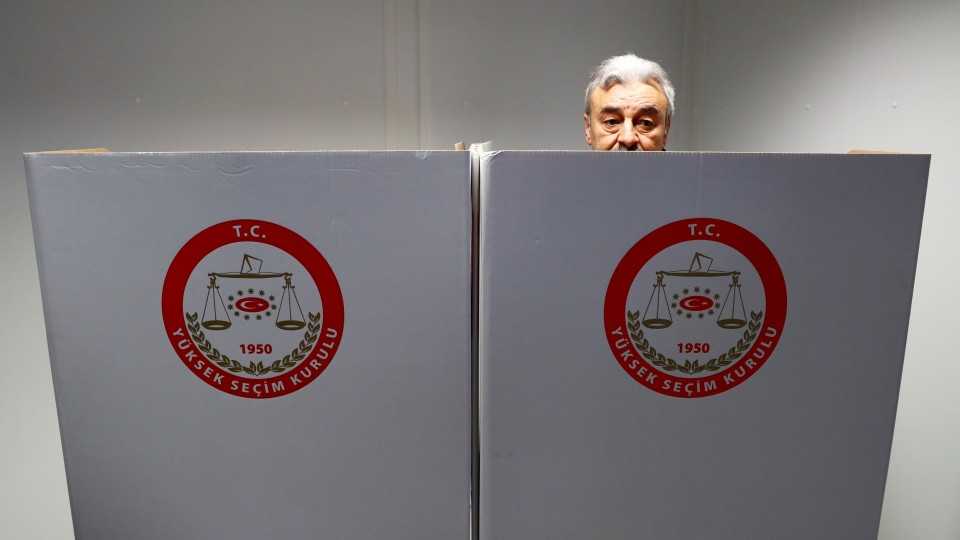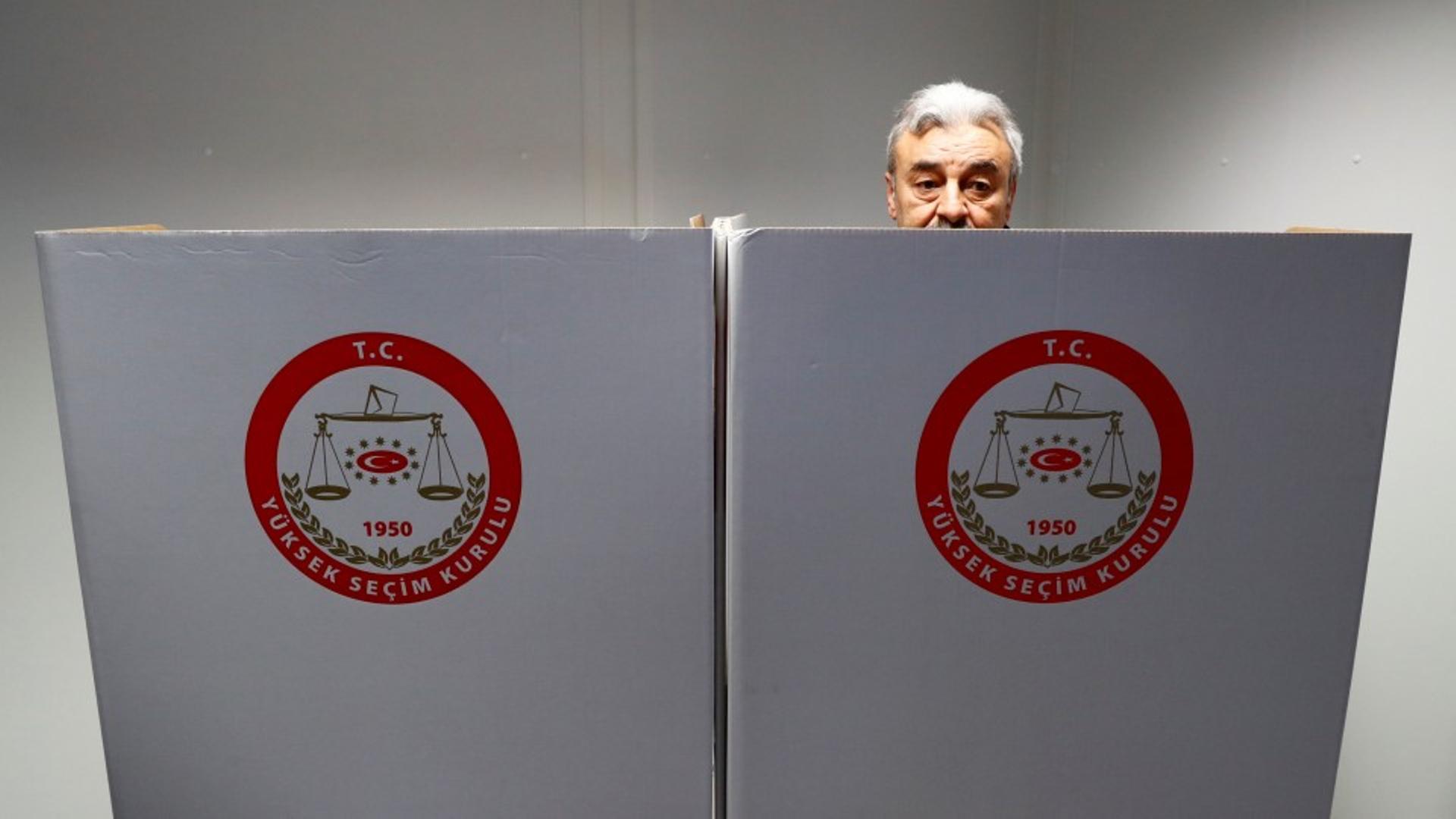
More than 1.2 million Turkish expatriates have voted abroad in Turkey’s constitutional referendum, the Supreme Election Board (YSK) said on Sunday.
Voting on proposed constitutional changes looking to shift the political system from parliamentary to presidential has taken place at 120 polling stations in 57 countries since March 27.
Approximately 2.9 million Turkish expatriates are eligible to vote in the referendum.
With polling stations closed in Europe, votes will be transferred on Monday to Turkey where they will be counted on April 16 .
About 70,000 people voted at customs gates in Turkey with ballot boxes at the borders due to remain open until referendum day.
Tense atmosphere
The voting in Europe began amid a diplomatic standoff between Turkey and Germany after German authorities cited security concerns and banned rallies by Turkish ministers who favour a presidential system.
Several German politicians have also publicly campaigned against the proposed presidential system, drawing sharp criticism from the Turkish government and accusations of interfering in Turkey’s internal affairs.
Tension also grew between Turkey and the Netherlands after Dutch authorities barred two Turkish ministers from addressing the expat community ahead of the referendum.
Turkish Foreign Minister Mevlut Cavusoglu was refused permission to land in Amsterdam and Family Minister Fatma Betul Sayan Kaya, who had travelled to the Netherlands from neighbouring Germany, was forced to leave the country under police escort after she was blocked from entering the Turkish consulate in Rotterdam.
Leading politicians in Austria, Germany and the Netherlands proposed a ban on rallies by Turkish politicians across Europe.
While European countries banned rallies in support of the “Yes” campaign, they allowed Turkish opposition figures who back a “No” vote to hold demonstrations without hindrance.
Switching systems
The April 16 referendum in Turkey addresses a host of constitutional reforms that would hand wide-ranging executive powers to the president.
The post of prime minister would be abolished and the president would also be allowed to retain ties to a political party.
Other changes include the minimum age of parliamentary candidates reduced to 18 and the number of deputies increased to 600.
Simultaneous parliamentary and presidential elections for a five-year term would also be held in November 2019 under the new Constitution.










Discussion about this post